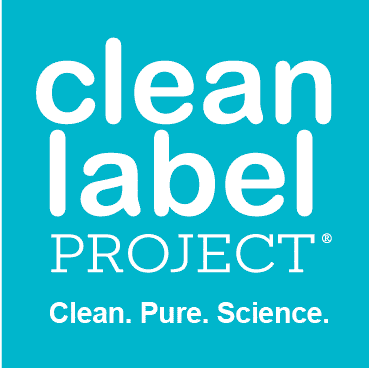
Does CBD Oil Have THC?: A Complete Guide
While humans have enjoyed the medical and recreational benefits of cannabis since at least 500 BC, chemists began extracting CBD in the 1940s.
2 years ago, an amendment to 2018’s Farm Bill removed CBD from the list of the drugs outlawed by the Controlled Substances Act. Drug Enforcement isn’t allowed to treat any hemp-derived CBD as an illegal drug.
Many people wonder, though, does CBD oil have THC? This guide will explain further when CBD oil contains THC and what to look for in a CBD oil product.
What Is CBD Oil?
CBD (Cannabidiol) is one of over 100 compounds found in cannabis plants. CBD oil is made by extracting the CBD from cannabis plants, usually hemp.
Once extracted, it gets diluted with a carrier oil like hemp seed, safflower, or coconut oil. Because CBD oil products are relatively new to the market, there are relatively few regulatory measures to keep harmful pesticides or impurities out of the end products. Look for manufacturers that recognize the importance of brand accountability and consumer transparency.
Does CBD Get You High?
Pure CBD doesn’t cause the “high” associated with THC. The compound is non-psychoactive and is more commonly used to alleviate ailments such as anxiety and pain.
While research is still in its early stages, CBD is also used to decrease stress and anxiety, curb some types of seizures, and help prevent various types of cancer cell growth.
Does CBD Oil Have THC in It?
Before they try it, many people wonder, does all CBD have THC?
Some CBD oil contains THC, and some CBD oils don’t. Let’s look at the different types of CBD oil and break down which ones contain THC.
Full-Spectrum CBD Oil
When an extract is labeled “full-spectrum,” it contains all the cannabinoids, essential oils, and terpenes found in the cannabis plant, including THC.
There are benefits to allowing all the plant’s compounds to work together medicinally, which is why full-spectrum products are said to create the “entourage effect.” Leading scientists in the space question the validity of the effect and assert that the pure cannabinoid compounds are no less effective.
While full-spectrum products do contain THC, the content is minimal, at less than 0.3%. But don’t let that fool you!
These oils, won’t get you high, as there isn’t enough of the psychoactive compound, THC. However, they can give you a false positive on a drug test, which is why full-spectrum isn’t a great choice for those who may have to pass a drug test.
Broad-Spectrum CBD
Broad-spectrum CBD oil is similar to full-spectrum, in that it includes all the other compounds within the cannabis plant. However, it does not include THC. The THC gets completely removed from broad-spectrum products after the initial extraction.
Broad-spectrum CBD oil contains the entire spectrum of phytochemicals, except for THC.
CBD Isolate
CBD isolate is the purest form of CBD oil you can get. It’s made by pulling CBD from cannabis plants and removing all other cannabis compounds.
CBD isolate oils contain the highest concentrations of CBD per serving. They’re usually 99% pure.
Our Findings
Clean Label Project tested 240 of the leading CBD brands. We found that over 30% contained measurable amounts of THC in them above what is required in law. Some products on the market didn’t contain any CBD or THC. Look at our study here
Does My CBD Oil Have THC?
If you’re still wondering does CBD oil has THC, the answer is some do, and some don’t. Clean Label Project believes all products should be clearly labeled, though, so that you know whether or not they contain THC. Which is why Clean Label Project has a THC-Free Certification program!
Look for products that proudly display a Clean Label Project emblem with our lab-tested certifications. Look for the purity-award, pesticide-free, and THC-free labels so that you can rest assured that you’re getting a clean, quality product.
